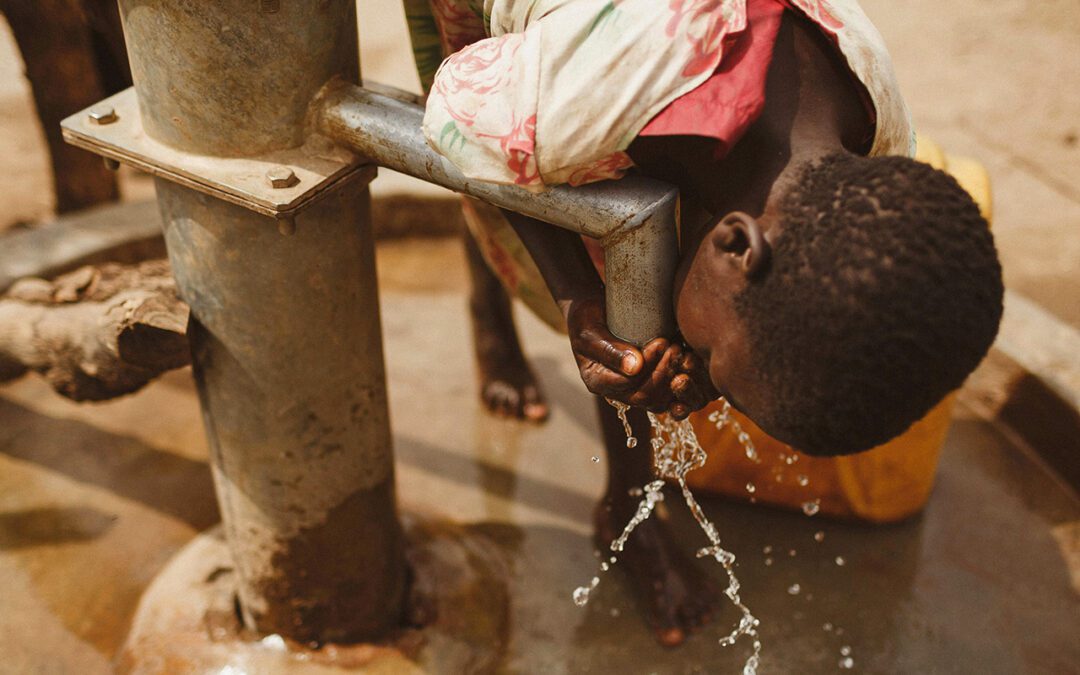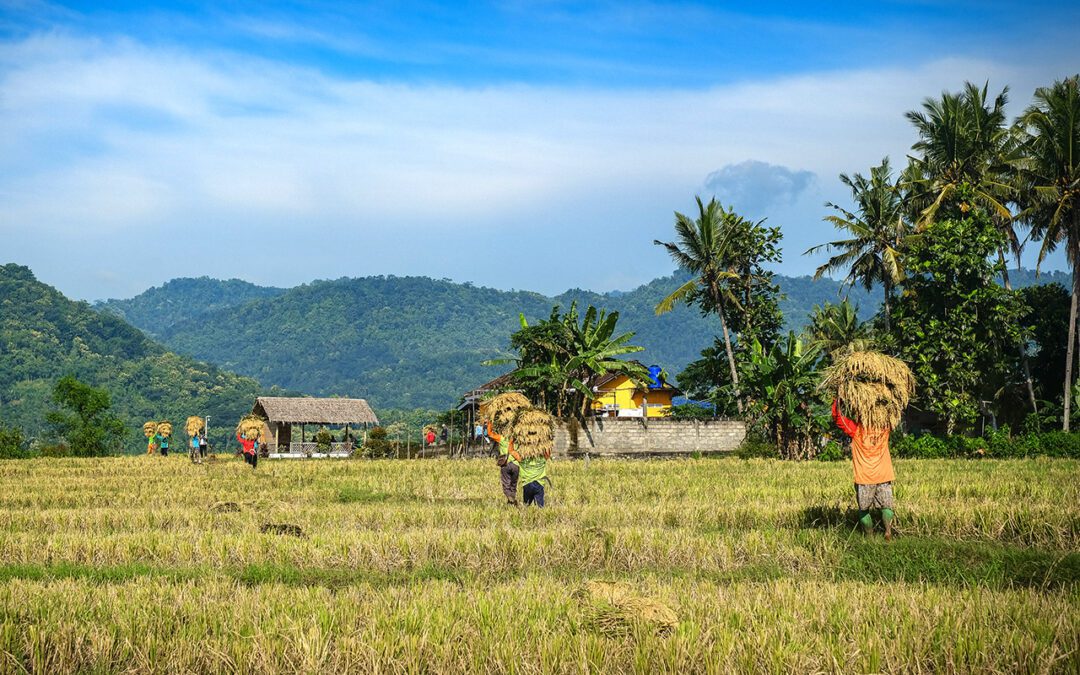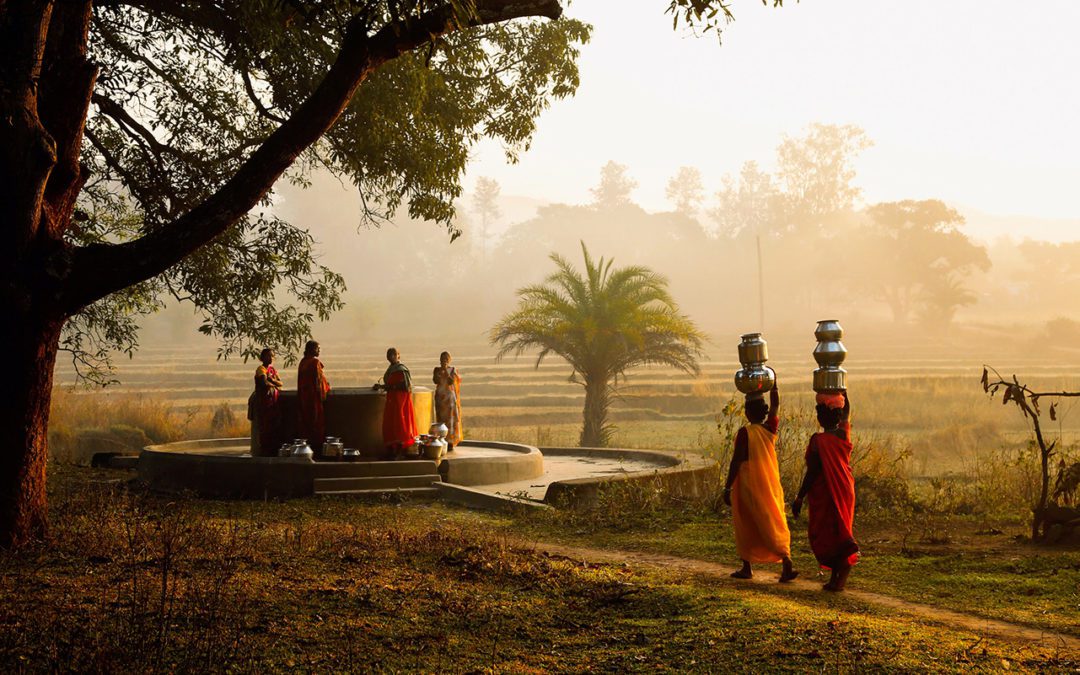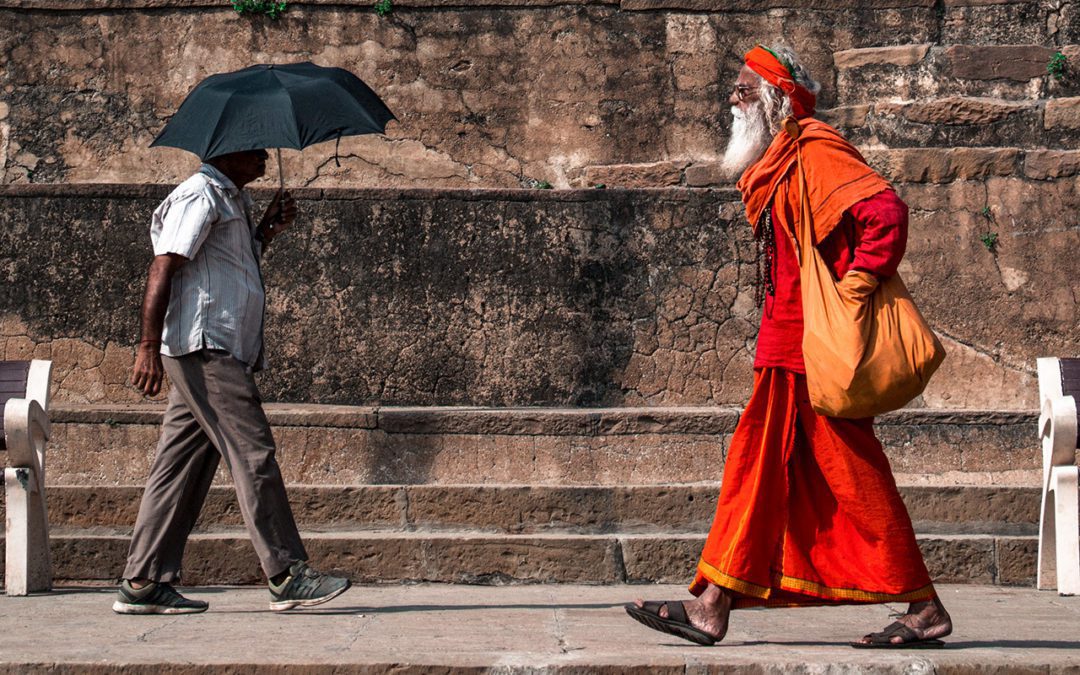
by Vedika Bhandarkar | Africa, Asia, Blended Finance & Philanthropy, Financial Inclusion, Global, Impact Economy, Impact Investing, Latin America, Regions, Scaling Solutions, SDG 1 - No Poverty, SDG 10 - Reduced Inequalities, SDG 13 - Climate Action, SDG 3 - Good Health and Well-Being, SDG 5 - Gender Equality, SDG 6 - Clean Water and Sanitation, SDGs
During a recent visit to Kenya, I met Zipporah, a farmer who used a small loan to install a rainwater harvesting system and a water storage tank at her home. This change allowed her to secure a reliable water supply for drinking, bathing, washing and for her vegetable...

by Richard Hartung | Asia, Financial Inclusion, Gender Lens, Impact Economy, Impact Investing, Regions, SDG 12 - Responsible Consumption and Production, SDG 2 – Zero Hunger, SDG 5 - Gender Equality, SDG 8 - Decent Work and Economic Growth, SDG 9 - Industry, Innovation, and Infrastructure, SDGs, Systems Change, Tech for Social Good
Even though Indonesia is the third largest rice producer in the world, it imported 3.5 million tons of rice in 2023 and expects to import at least 3 million tons this year. Eratani is working to boost smallholder farmers’ productivity and incomes to help increase rice...

by Paul O'Connell | Africa, Asia, Blended Finance & Philanthropy, Editor's Picks, ESG Investing, Financial Inclusion, Global, Impact Economy, Impact Investing, SDG 1 - No Poverty, SDG 13 - Climate Action, SDG 3 - Good Health and Well-Being, SDG 5 - Gender Equality, SDG 6 - Clean Water and Sanitation, SDG 8 - Decent Work and Economic Growth, Voices from the Field
Every person needs about 70 liters of fresh water a day to meet basic needs, according to the World Health Organization. It may not seem like much, especially to residents of developed countries, where consumption ranges from 150–300 liters per day. Yet worldwide, one...

by Ratika Kapoor | Asia, Editor's Picks, Scaling Solutions, SDG 1 - No Poverty, SDG 10 - Reduced Inequalities, Stakeholder Capitalism, Tech for Social Good
The credit gap for micro, small and medium enterprises (MSMEs) in India is estimated by World Bank to be USD 380 billion. Approximately, only 16 per cent of MSMEs in India receive formal credit while the others are under-financed or financed through informal sources....



